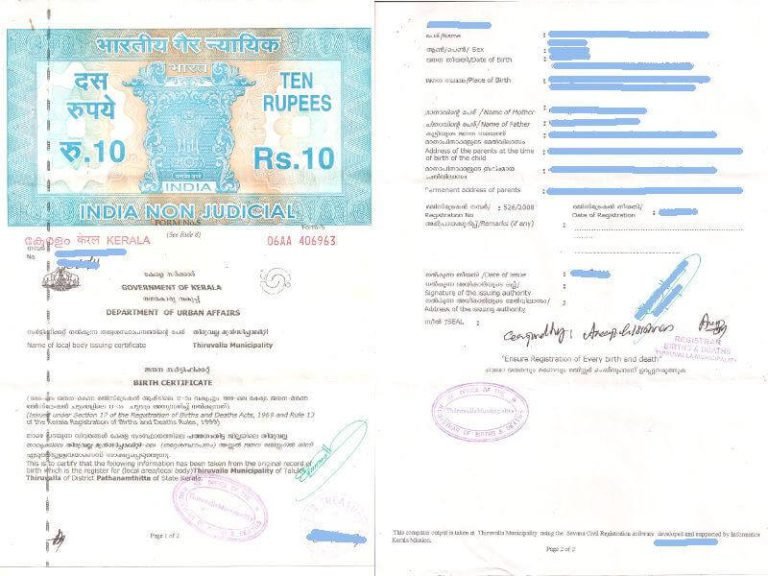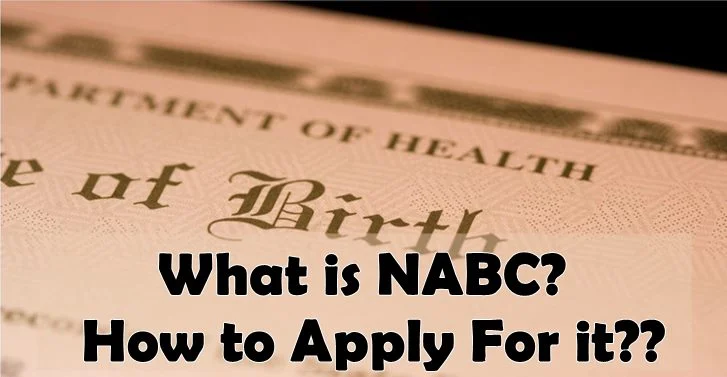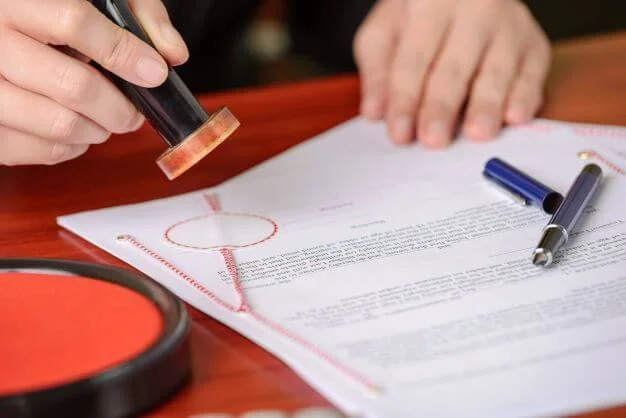Property Registration
Property registration is the legal process of recording a property transaction with the government, which includes transferring the ownership of the property from the seller to the buyer.
Easy Process and Documentation
Required Paperwork
- Sale deed or title deed
- Proof of identity and address
- Property card or extract
- Encumbrance certificate
- Khata certificate and extract
- NOC from concerned authorities
- Property tax receipts
- Building plan approval
- Power of attorney
Process, Service Charges, Time duration
- When you send us your paperwork, our experienced staff will review your paperwork with local government officials to determine the service’s cost, feasibility, and completion date. After a quote has been given, it remains fixed. Location affects project duration and cost. Send us your documents and specific requirements to get a price and turnaround estimate.
- On an average Procurement takes four to six weeks.
2000+ locations Served
Happy Clients 50000+
Averge Google Rating 4.9
India's Most Trusted Legal Documentation Portal
WHY CHOOSE LEGALDOCS
- Lowest Price Guarantee
- No Office Visit, No Hidden Cost
- Serviced 50000+ Customers
WHAT IS A PROPERTY REGISTRATION
The Registration Act of 1908 says that a property must be registered before it can be sold, given as a gift, or rented out.Section 17 of the Registration Act of 1908 says that all transactions involving the sale of real estate for more than Rs 100 should be registered.If a person doesn’t register a property while doing any of the above, the transaction can’t be proven in court.With LegalDocs, it’s easy to register property online.
ONLINE PROCESS FOR PROPERTY REGISTRATION
Step 1
Application:Fill in the required information on the LegalDocs website to make a draft.
Step 2
Printing : The draft is printed on stamp paper and signed by all parties involved.
Examination and Approval: We will respond to office inquiries and register with the appropriate authorities.All parties must be present during property registration at the sub registrar’s office.
DOCUMENTS NEEDED FOR ONLINE PROPERTY REGISTRATION
The following documents must be attached to the online form
Identity Proof of the parties involved, such as Aadhar cards and PAN cards.
two passport photos of each of the participants.
Deed of sale.
In the event that the party is representing someone else, authority.
If the party is a corporation, then a power of attorney or letter of authority is required, as well as a copy of the board resolution authorising the party to complete the registration and certificate of incorporation.
the property card.
proof of the payment of the registration fee and stamp duty.
Documents that must be registered must be turned in with the required fee within four months of the date they were signed. If the deadline has passed, you can ask the sub-registrar to overlook the delay within the next four months. The registrar may agree to register the documents if you pay a fine that is up to ten times the original registration fee. The fee for registering property documents is 1% of the value of the property, up to a maximum of Rs 30,000.
BEFORE REGISTERING A PROPERTY, STEPS TO TAKE
Encumbrances:
An encumbrance is anything that makes it hard to transfer property registration information from one owner to another. For example, an encumbrance could be an outstanding mortgage, a lien on real estate, unpaid property taxes, etc.Before buying a home, a buyer should find out if there are any encumbrances on the property and get them removed.This can be checked at the sub registrar’s office in the area where the property is.
- Documents in Order:
Before buying a property, a buyer should look at the whole chain of documents.Chain of documents are the papers that show when and how property changed hands from one person to another. - Paying your debts:
Any property should not have any bills to pay, such as property taxes, electric bills, water bills, etc. Before registering the property, it is up to the buyer to make sure this is true. - Preparation of the Deed:
Before registering the deed, a draught of the deed (Sale Deed, Lease Deed, Gift Deed, etc.) that needs to be signed must be made with clear information about all the parties involved, the property, and any terms and conditions.
- Calculating stamp duty:
Stamp duty is the fee that the government charges, and it is different in each state. Stamp duty is based on how much the property is worth on the open market.
After the completion of the steps that were mentioned above, the execution of the deed will take place at the office of the sub registrar under whose jurisdiction the property will come. This will involve the parties involved on the deed signing their names or leaving thumb impressions on the deed.
BENEFITS OF PROPERTY REGISTRATION
Request for the modification of the Title Deed:
Request for the Title Deed to be changed:
The word “mutation” means that the title changes hands from one person to another.Because of mutation, the new owner has to go to the Land Revenue Department to have the property put in his name. This also lets the government find the right person to charge property tax.
The City Survey and Land Records Department is in charge of the mutation application. After looking at the request for a change, the City Survey and Land Records Department figures out how much tax the property is worth and then sends a letter of change to the buyer.
Tax benefit
An individual or HUF assessee who is purchasing a home may be able to claim a deduction for the stamp duty, registration fee, and other costs associated with the transaction under Section 80C of the Income Tax Act. This reduction is taken from the overall gross income. Each and every fiscal year, the maximum amount that can be deducted according to Section 80C is one lakh rupees.
Individuals do not need to conduct any investigation as to the history of the title to the land, also known as ownership, because a Registered Title provides a quick and up-to-date official record of who owns the land. Additionally, a Registered Title provides an official record of who owns the land.
The state guarantees the ownership of a Registered Title. You may be eligible for financial compensation if you have lost an estate or interest in land property information as a result of an error or omission made by the Registrar in the register. The error or omission could have been caused by either a typographical error or an oversight.
Disputes that have arisen over who owns the land or who has the rights to use it might be easier to settle.
Once the land has been registered by plan, each title is provided with an official plan of the land, which can be utilised to avoid any encroachment on the borders caused by trespassing.
PROPERTY REGISTRATION ONLINE FAQS
1. Aadhar card.
2. The size of both the seller and the buyer’s passport.
3. A copy of the original old sale deed that has been checked.
4. A copy of the Land Ceiling Act’s “No Objection” certificate.
5. A copy of the most recent property card.
6. A copy of the tax bill from the city.
7. Construction finishing certificate.
8. A written contract between the builder and the first person to buy the building.
1. Go to the website for LegalDocsAdvisor.
2. Fill out the application form with the right information.
3. There will be a process for checking.
4. The person who wants to get paid has to process for it.
5. A number for registration will be given.
6. A receipt of recognition will be made later.
Online property registration may be viewed on state government websites. For instance, the Maharashtra government’s website at https://esearchigr.maharashtra.gov.in/testingesearch/wfsearch.aspx allows you to verify property registration.













